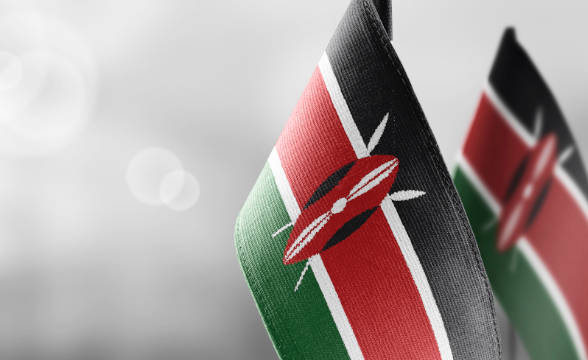Kenya to Enable Mobile Gambling Transactions, Bans Credit Cards Betting

Kenya may soon enact changes to its 2019 Gambling Bill, introducing mobile payments for gambling and removing credit cards as an available payment option.
Kenya’s Gambling Bill to Undergo Changes and Allow Mobile Payments
After new amendments to Kenya’s 2019 Gambling Bill by the Committee on Sport, Culture, and Tourism, operators in the country could soon be allowed to accept mobile payments at the expense of credit cards.
The first version of the Bill, which was passed in 2019, gave permission to use payment methods approved by the Betting Control and Licensing Board (BCLB) such as credit or debit cards and electronic bank transfers but ruled out against mobile payments, a widely used and preferred banking option in the country.
The Bill set new license fees, drastically increasing the previous rate to KES100m for a three-year license. It also established the first National Lottery in the country.
The decision to exclude mobile payments in the first bill, though, proved a little counter-intuitive. Mobile money transfers are highly popular in Kenya, as attested by the amount of money transferred via this method of payment in 2018, or some $25 billion. This is the reason why removing mobile money transfers as a payment option proved to be controversial.
Credit Cards Would No Longer Be Allowed
Following the example of Great Britain, Kenya has been trying to add an amendment to the Bill that approves mobile payments and removes credit cards from the list of options.
The new amendment to the Bill pitched by the Committee on Sport, Culture, and Tourism is aimed at correcting errors and adding clarity. It could now set new limits for the minimum bet amount and increase the maximum fine for illegal betting.
Even though the amendments were initially scheduled for debate on October 15, the hearing has been rescheduled for November 3 when the National Assembly returns from recess.
Since 2019, there have been several disputes between authorities and operators. The reason was disagreement over proposed tax levels that led to the withdrawal of the two most popular operators from the country.
After the BCLB informed operators of the new interpretation of the Bill at the time, the largest operator, Sportpesa, withdrew.
The main reason was that the operator would have been forced to give back billions in back tax. Another reason was the huge increase in tax on stakes, from 10% to 20%. This was also the reason why Betin, the main rival of Sportpesa, withdrew as well.
Even though the National Assembly removed the excise tax in June and courts ruled that the winnings tax should not apply to stakes, it is expected that Kenya’s government will try to reintroduce the excise tax before the end of the year. This stops Sportpesa from returning to the country.
Mike made his mark on the industry at a young age as a consultant to companies that would grow to become regulators. Now he dedicates his weekdays to his new project a the lead editor of GamblingNews.com, aiming to educate the masses on the latest developments in the gambling circuit.

